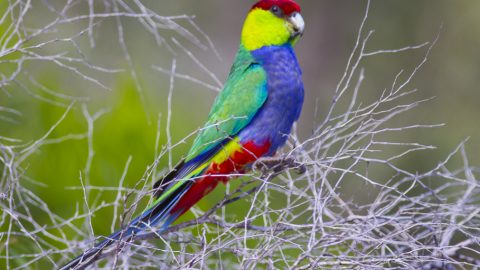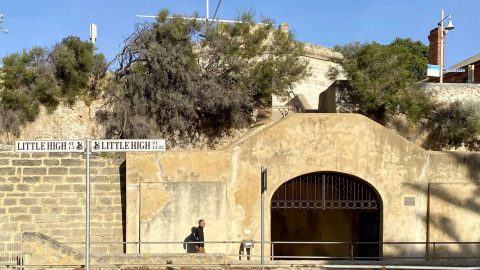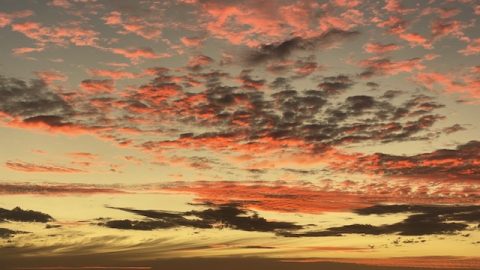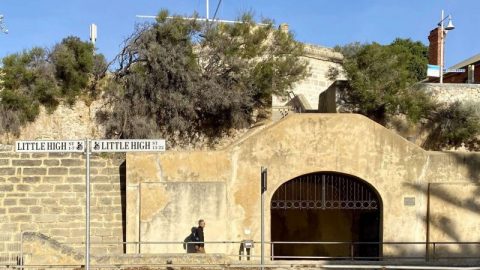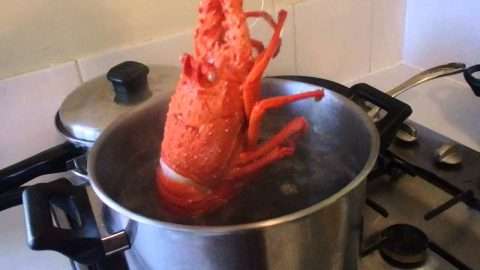A constitutional convention bringing together over 250 Aboriginal and Torres Strait Islander leaders met in May 2017, just five years ago, at the foot of Uluru in Central Australia on the lands of the Anangu people.
The majority resolved, in the ‘Uluru Statement from the Heart’, to call for the establishment of a ‘First Nations Voice’ in the Australian Constitution and a ‘Makarrata Commission’ to supervise a process of ‘agreement-making’ and ‘truth-telling’ between governments and Aboriginal and Torres Strait Islander peoples.

Well, with the election of the Albanese Labor Government on 21 May 2022, implementation of the Uluru Statement from the Heart is the first announced priority of the new Government. The Statement from the Heart is well and truly back on the agenda. The Minister for Indigenous Australians designate, Linda Burney, the first Indigenous woman to hold the office, has quickly announced that she is meeting with the Dialogue Leaders to advance action on implementation of the Statement.
Here’s a reminder about how the Uluru Statement came about and what it says.
Convened by the bipartisan-appointed Referendum Council, the First Nations National Constitutional Convention met over four days from 23 to 26 May 2017 to discuss and agree on an approach to constitutional reform to recognise Aboriginal and Torres Strait Islander peoples. Delegates were selected from participants in regional Dialogues held around the country. And here’s the Statement they released.
Uluru Statement from the Heart
We, gathered at the 2017 National Constitutional Convention, coming from all points of the southern sky, make this statement from the heart:
Our Aboriginal and Torres Strait Islander tribes were the first sovereign Nations of the Australian continent and its adjacent islands, and possessed it under our own laws and customs. This our ancestors did, according to the reckoning of our culture, from the Creation, according to the common law from ‘time immemorial’, and according to science more than 60,000 years ago.
This sovereignty is a spiritual notion: the ancestral tie between the land, or ‘mother nature’, and the Aboriginal and Torres Strait Islander peoples who were born therefrom, remain attached thereto, and must one day return thither to be united with our ancestors. This link is the basis of the ownership of the soil, or better, of sovereignty. It has never been ceded or extinguished, and co-exists with the sovereignty of the Crown.
How could it be otherwise? That peoples possessed a land for sixty millennia and this sacred link disappears from world history in merely the last two hundred years?
With substantive constitutional change and structural reform, we believe this ancient sovereignty can shine through as a fuller expression of Australia’s nationhood.
Proportionally, we are the most incarcerated people on the planet. We are not an innately criminal people. Our children are aliened from their families at unprecedented rates. This cannot be because we have no love for them. And our youth languish in detention in obscene numbers. They should be our hope for the future.
These dimensions of our crisis tell plainly the structural nature of our problem. This is the torment of our powerlessness.
We seek constitutional reforms to empower our people and take a rightful place in our own country. When we have power over our destiny our children will flourish. They will walk in two worlds and their culture will be a gift to their country.
We call for the establishment of a First Nations Voice enshrined in the Constitution.
Makarrata is the culmination of our agenda: the coming together after a struggle. It captures our aspirations for a fair and truthful relationship with the people of Australia and a better future for our children based on justice and self-determination.
We seek a Makarrata Commission to supervise a process of agreement-making between governments and First Nations and truth-telling about our history.
In 1967 we were counted, in 2017 we seek to be heard. We leave base camp and start our trek across this vast country. We invite you to walk with us in a movement of the Australian people for a better future.
First Nations Voice
The Uluru Statement calls for the ‘establishment of a First Nations Voice enshrined in the Constitution’. This has been interpreted in light of past suggestions put forward for the establishment of some form of representative body for Aboriginal and Torres Strait Islander peoples. There is no definitive statement about the form such a body would take, but proponents of the idea (such as Noel Pearson, who sat on the Referendum Council at relevant times) have previously propounded that such a body would sit alongside Parliament to provide non-binding advice on legal and policy matters affecting Aboriginal and Torres Strait Islander peoples.
A proposal for an Indigenous body in the Constitution was mooted in 2014 as part of a submission by the Cape York Institute to the Joint Select Committee on Constitutional Recognition of Aboriginal and Torres Strait Islander Peoples inquiry. An elaboration of this idea in terms of constitutional text was subsequently drafted by constitutional law expert Professor Anne Twomey. This was later supported by Noel Pearson and the Cape York Institute.
It is envisaged that such a body will provide a constitutionally entrenched institution which enables Aboriginal and Torres Strait Islander peoples to be formally consulted on legislation and policy affecting their communities.
Since then others have suggested constitutional enshrinement isn’t necessary and the voice could be created by a simple Act of Parliament. For example, Emma Lee, writing in The Conversation, asks whether a national Indigenous body that represents local and regional Indigenous Voices from country to city might more easily and quickly be established without Constitutional recognition.
Makarrata Commission
The Uluru Statement seeks ‘a Makarrata Commission to supervise a process of agreement-making between governments and First Nations and truth-telling about our history’.
Makarrata is a word from the language of the Yolngu people in Arnhem Land. As Noel Pearson has explained:
The Yolngu concept of Makarrata captures the idea of two parties coming together after a struggle, healing the divisions of the past. It is about acknowledging that something has been done wrong, and it seeks to make things right.
The word ‘Makarrata’ has often been used instead of ‘treaty’, and gained wider currency in the 1980s when the National Aboriginal Conference (NAC) adopted the word. In a letter from the National Aboriginal Conference Secretariat ‘to all Aboriginal Organizations’ Jim Hagan (the then chairman of the NAC) wrote ‘using the word Makarrata makes it clear this is intended to be an agreement within Australia, between Australians’.
The call for a treaty has existed for some time. The Barunga Statement, presented in 1988 to Prime Minister Bob Hawke, called for a treaty with the Commonwealth of Australia. In response, Bob Hawke promised to negotiate a treaty ‘between the Aboriginal people and the Government on behalf of all the people of Australia’ before the end of the current session of Parliament. Though it did not eventuate, calls for a treaty have persisted.
A Makarrata Commission would likely be tasked with seeking Makarrata agreements or treaties between Aboriginal and Torres Strait Islanders and the federal government.
It is important to note that since the Uluru Statement was made, inquiries have commenced in Victoria, Queensland and the Northern Territory as part of a Treaty process with truth telling at their core. Will the Makarrata process be tied into those inquiries is an interesting question. And how does the whole process tie into major agreements made in Western Australia in recent times between the State of Western Australia and major groups such as the Noongar Peoples?
Next steps
We look forward to reporting on the next steps as they happen.
* By Michael Barker, Editor, Fremantle Shipping News
PLEASE HELP US TO GROW FREMANTLE SHIPPING NEWS
FSN is a reader-supported, volunteer-assisted online magazine all about Fremantle. Thanks for helping to keep FSN keeping on!
** Don’t forget to SUBSCRIBE to receive your free copy of The Weekly Edition of the Shipping News each Friday!
